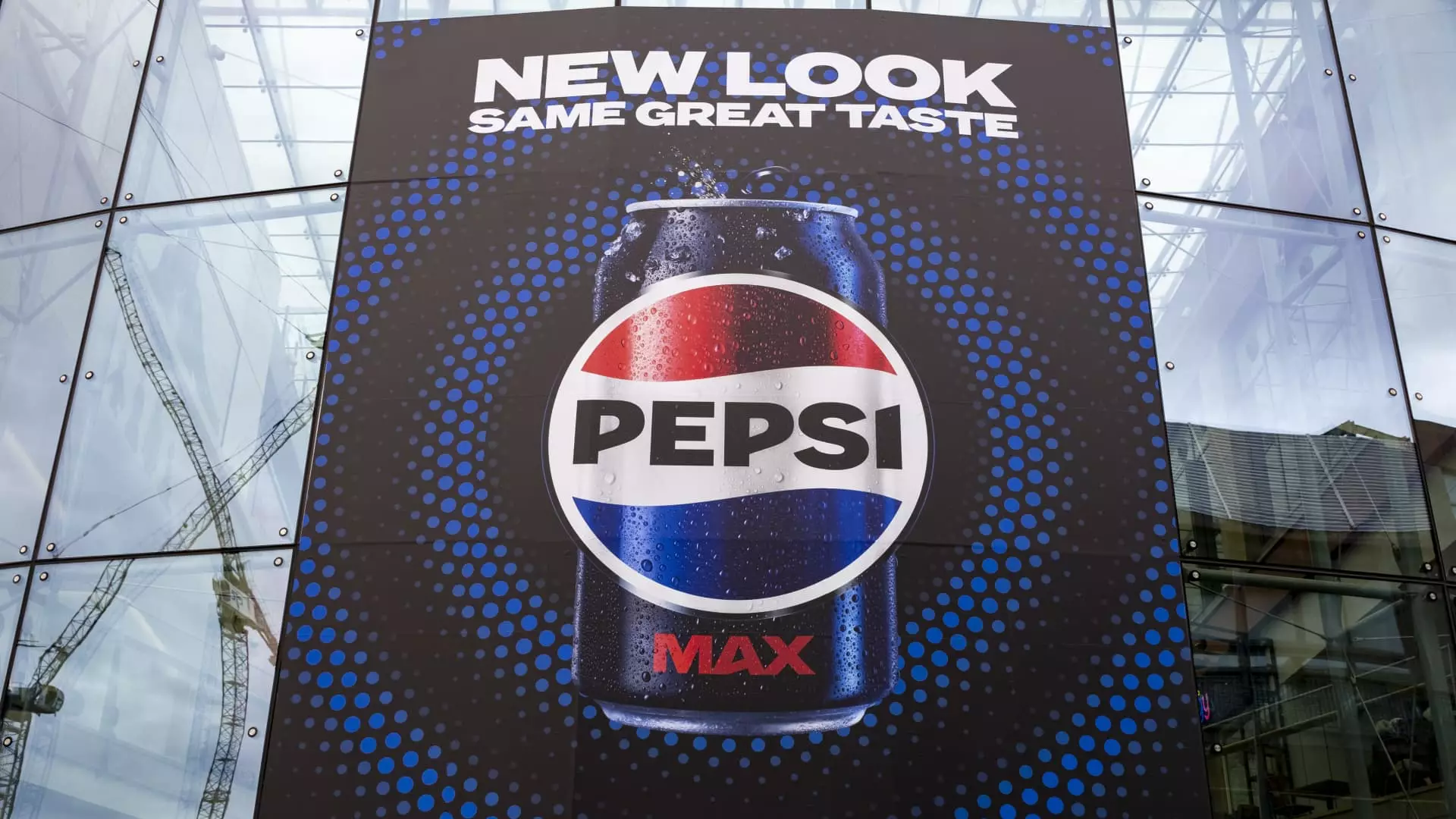Goldman Sachs, an emblem of Wall Street prowess, is sounding the alarm bells regarding the stock market and the overarching economy. This isn’t merely a routine advisory; it reflects deep-seated worries that resonate through the staggering statistics they’ve just released. In a chilling forecast delivered through their latest research note, the investment bank has reduced its S&P 500 year-end target for 2025 from 6,500 to a more conservative 6,200. This substantial trim unveils a more bearish outlook amid the aftershocks of a substantial market decline—9% off the S&P 500’s peak in a mere three weeks. The implications are stark and should make even the most optimistic investors reconsider their positions.
Tech Giants Under Pressure
At the heart of this downturn lies the troubling fate of the “Magnificent Seven” stocks, a term that once represented the titans of technology. Goldman Sachs chief U.S. equity strategist, David Kostin, has pointed out that a significant 14% plummet in these stocks has been largely responsible for the S&P 500’s malaise. Tech stocks, once considered invincible, are now showing signs of vulnerability that could be a harbinger of broader economic distress. The fear isn’t just about numbers; it’s about what these declines say about consumer spending and confidence moving forward. Historically, we know that during recessions, the S&P 500 sees an average decline of about 24% from its peaks. Could we be on the cusp of such a downturn? The question is, what strategies should we deploy to weather the storm?
Goldman’s Recommendations: Finding Stability in Chaos
In a bid to navigate these uncertain waters, Goldman Sachs is rallying its clients around a select group of “stable growers.” This strategy sheds light on the art of stock picking during tumultuous periods—one that focuses on companies with a reliable track record of cash flow and minimal year-over-year variance. Stability, in this financial landscape, could prove to be a lifeline. According to their projections, companies like Alphabet and Domino’s Pizza could emerge as beacons of hope, showcasing solid expected earnings growth over the next couple of years, despite the inherent market volatility.
Alphabet stands out, emerging as one of the few technology firms still deemed reliable amidst a sea of uncertainty. With a projected increase of 11% in both earnings per share and sales in 2025, Alphabet seems not just resilient but adaptive to technological shifts like generative AI. This places the company in good stead as others falter, proving that not all businesses are equally vulnerable in challenging conditions.
The Consumer Giants: Mixed Fortunes
In contrast, we see PepsiCo’s struggles representing an unsettling scenario. Despite a modest forecast of 2% growth in earnings per share, the company has encountered a host of external uncertainties, particularly with the recent appointment of Robert F. Kennedy Jr. as the Health and Human Services Secretary. His outspoken critiques against food conglomerates, including efforts to eliminate artificial dyes, cast a shadow over PepsiCo’s future operations. While food sustainability is a noble goal, the potential ramifications for profits in a sector already facing pressure from rising health-conscious consumer trends cannot be overlooked.
Domino’s Pizza, on the other hand, appears to be making proactive moves to maintain its market position. The recent revival of its stuffed crust offering, a response to competitive threats, exemplifies a company that’s not content to sit back but is instead engaging with its customer base to ensure continued growth. This strategic repositioning might turn out to be wise, particularly when one considers that the stock has already gained 5% in a challenging year.
Looking Ahead: A Time to Reassess Investment Strategies
As we evaluate Goldman Sachs’ insights, it’s becoming apparent that we are teetering on the edge of uncertain financial times. The firm’s observations compel investors—and indeed everyone involved in finance—to reassess their portfolios critically. Stocks once considered safe may no longer hold the promise they once did, and embracing a survival mentality could be key to navigating the forthcoming economic landscape. The call for investing in reliable stocks that can withstand shocks raises critical questions: Are we prepared for a recession? How do we adjust our financial strategies to minimize risk while still pursuing growth opportunities? The answers may dictate not just our financial health but our broader economic resilience in the face of impending challenges.



Leave a Reply